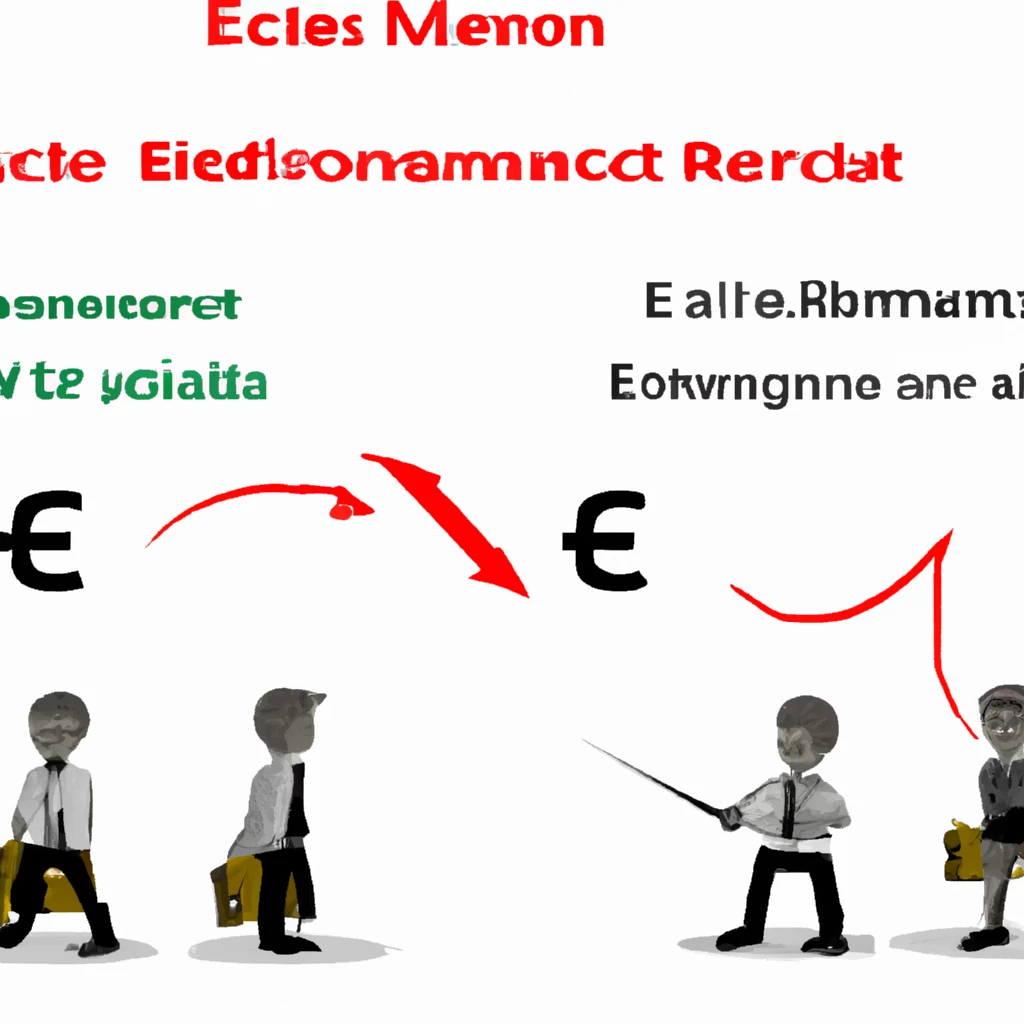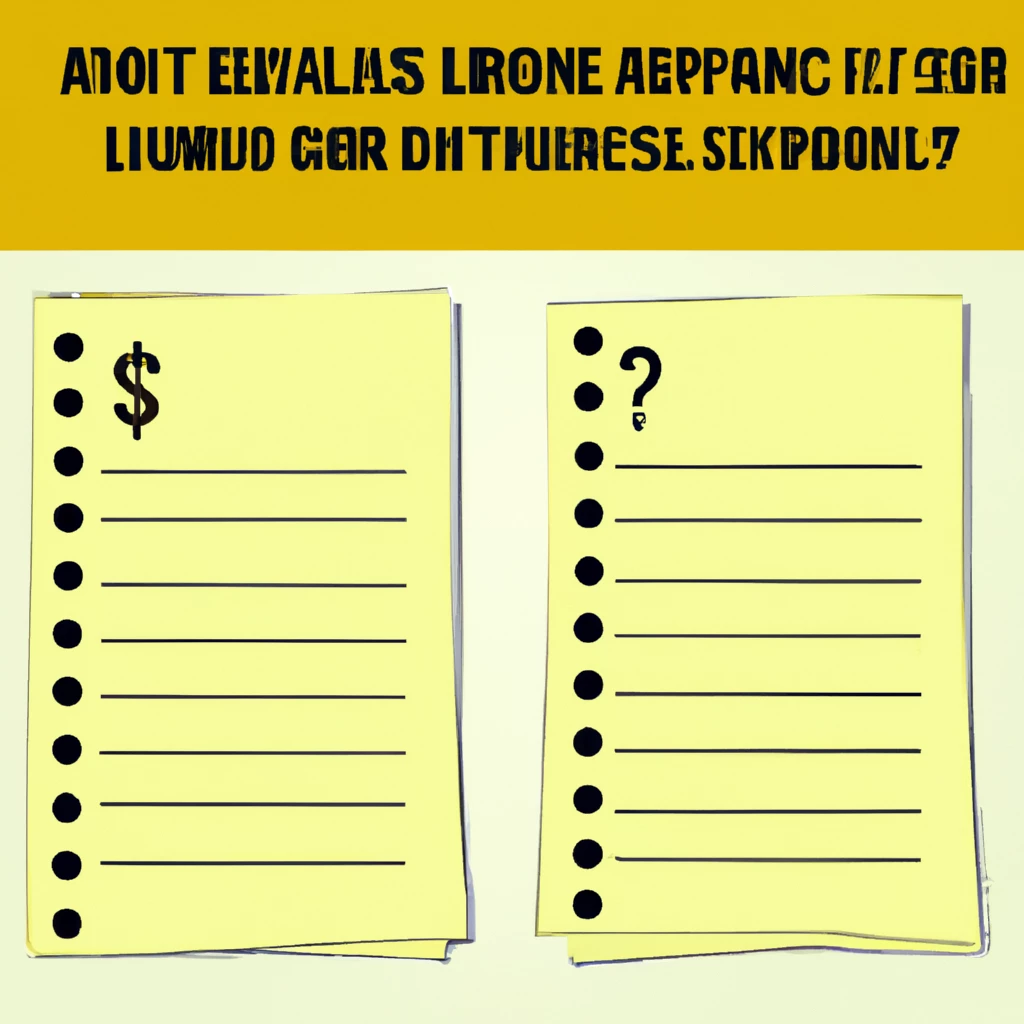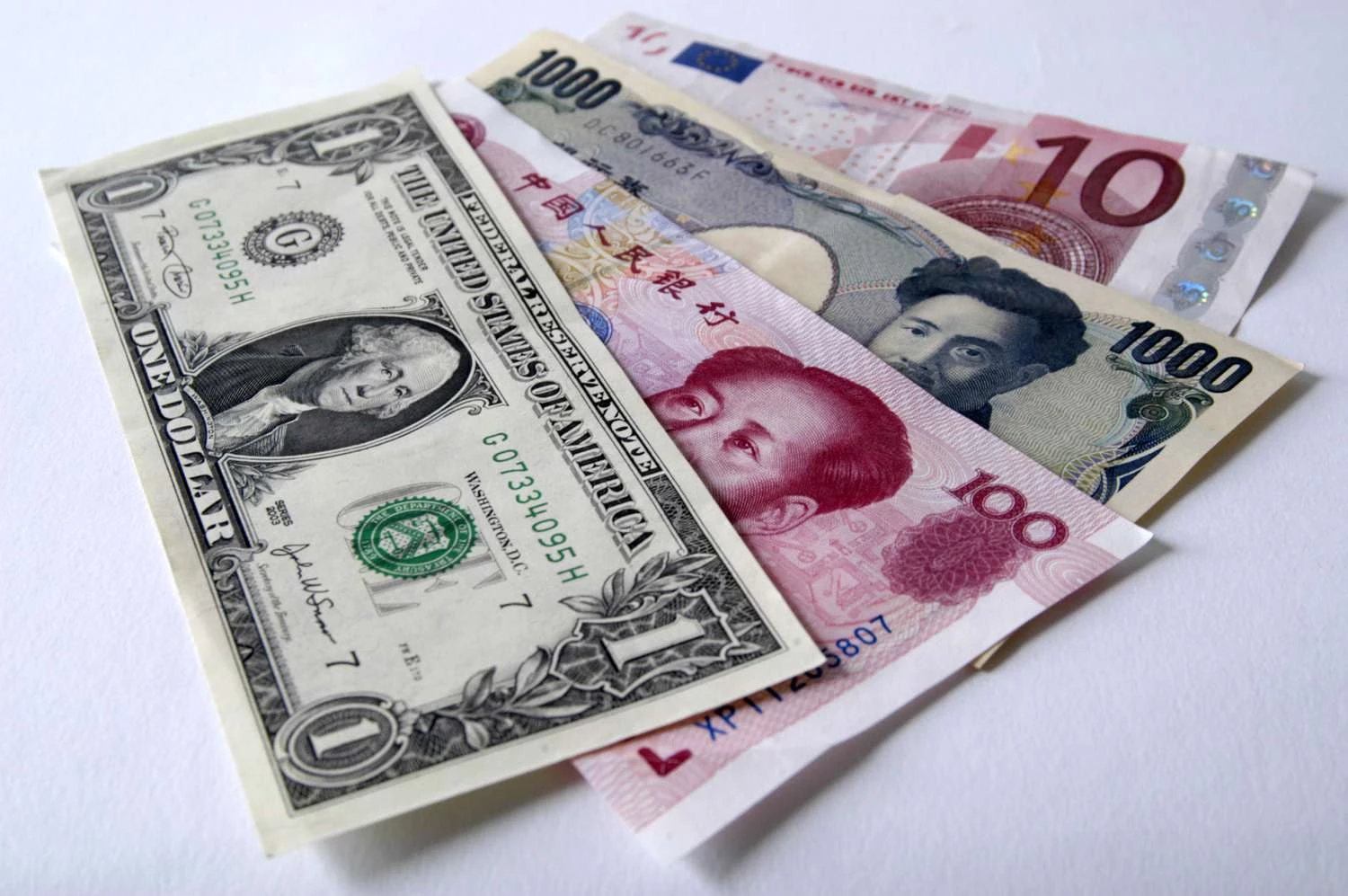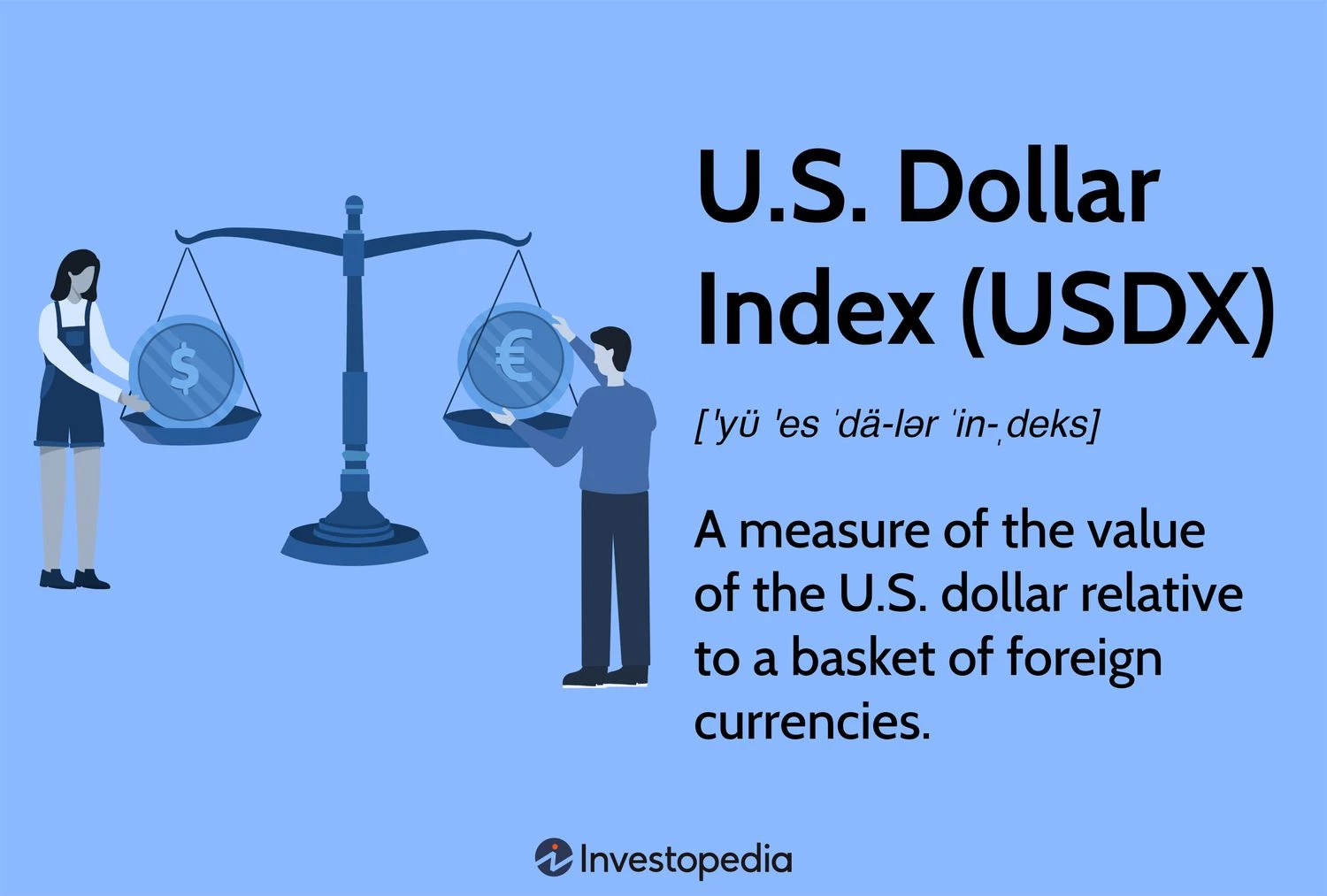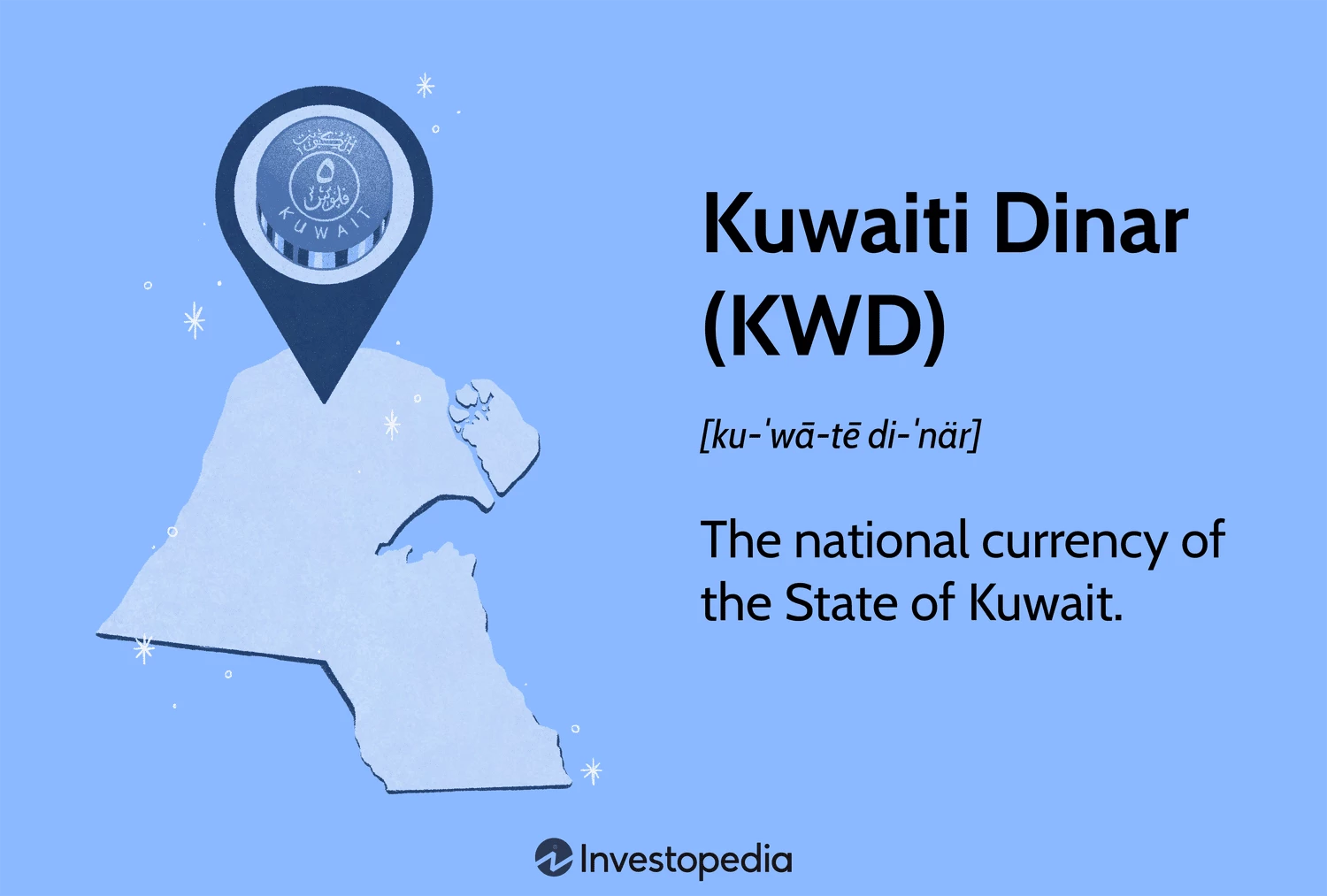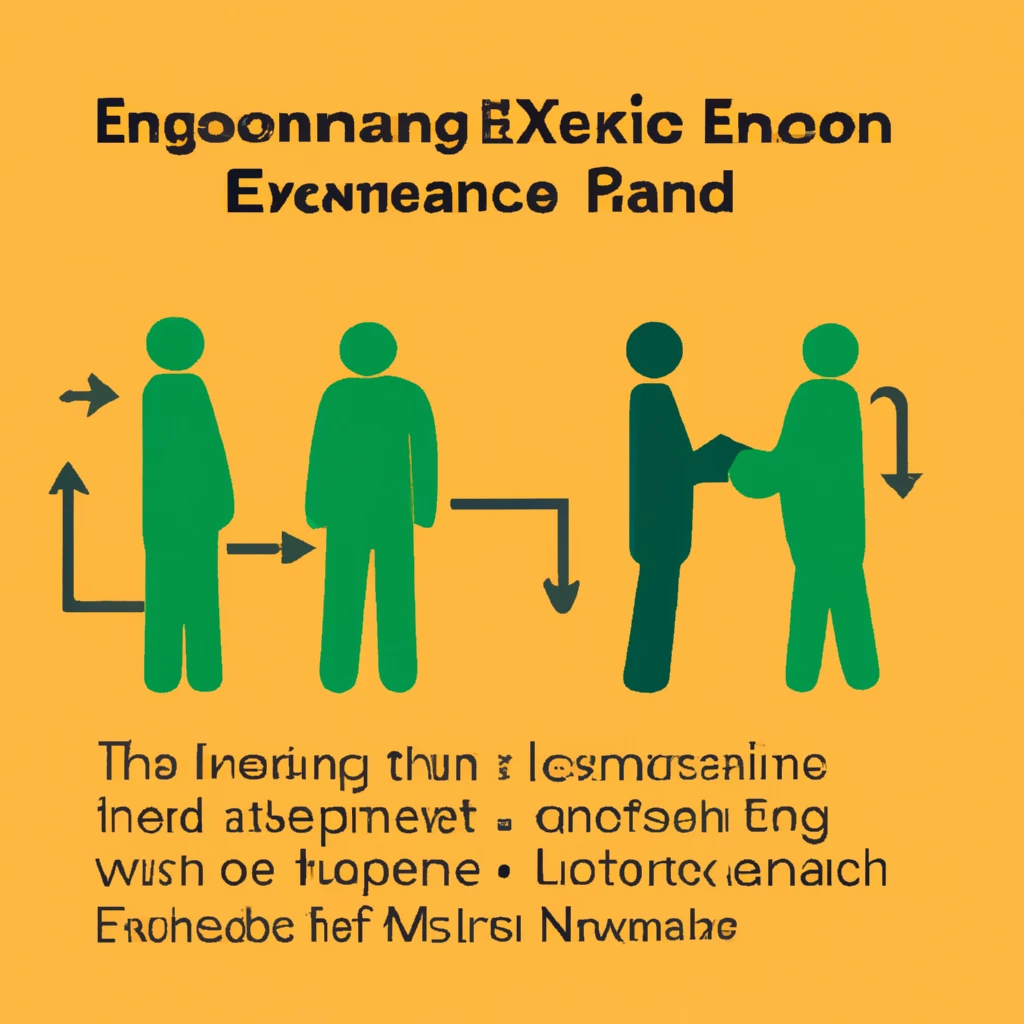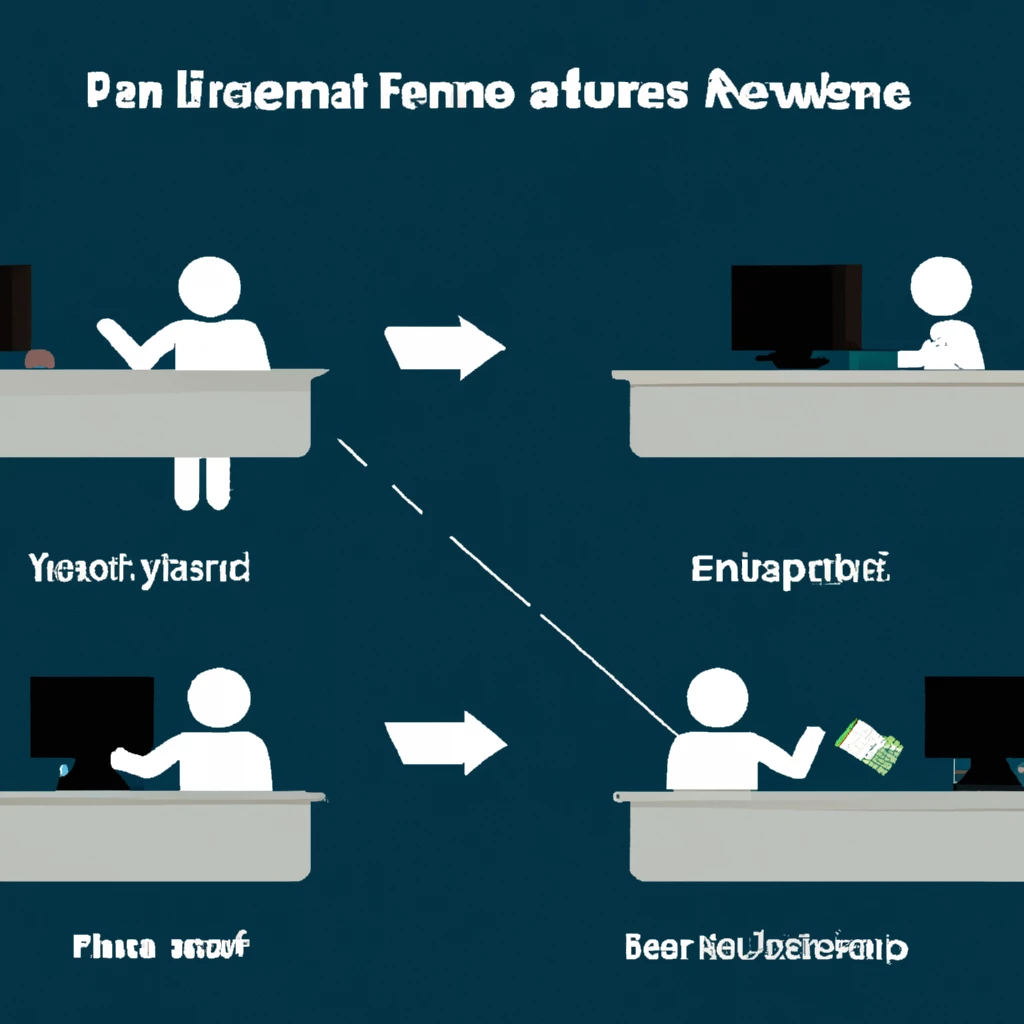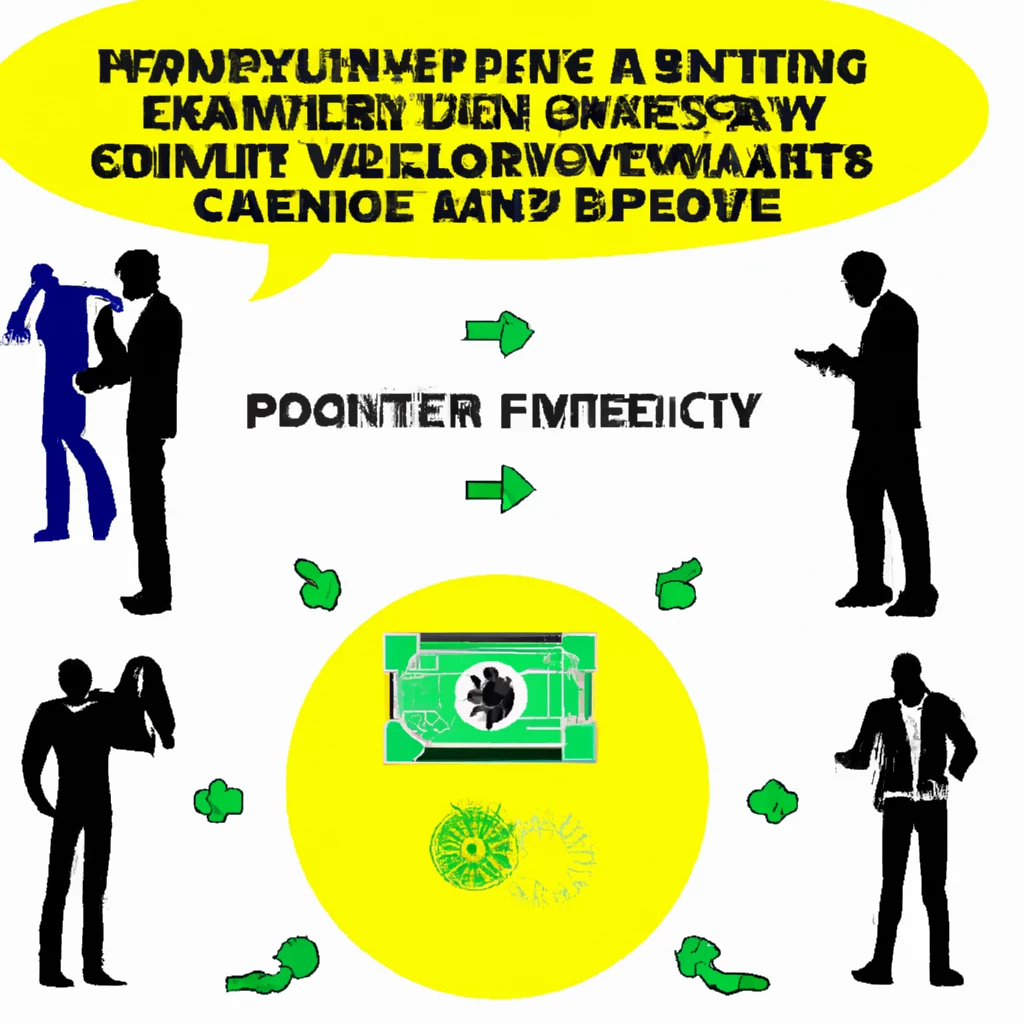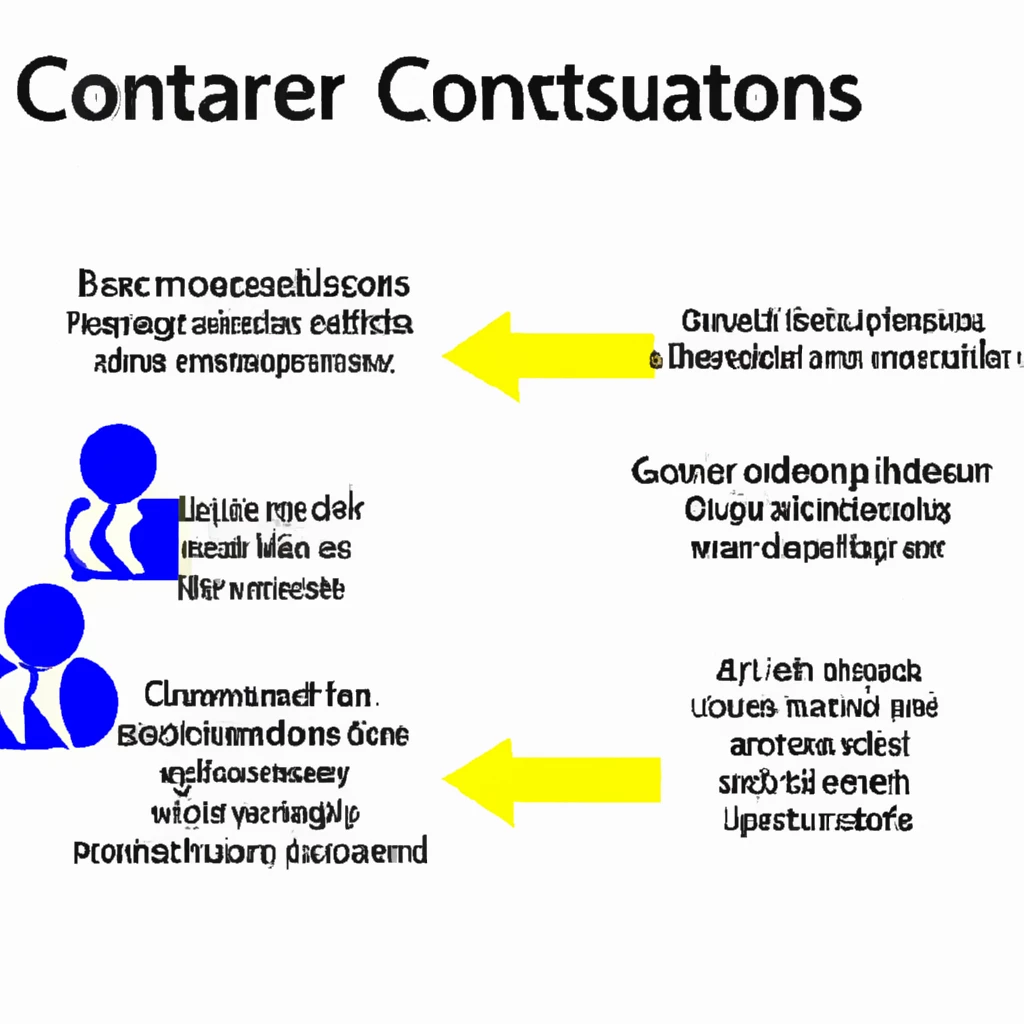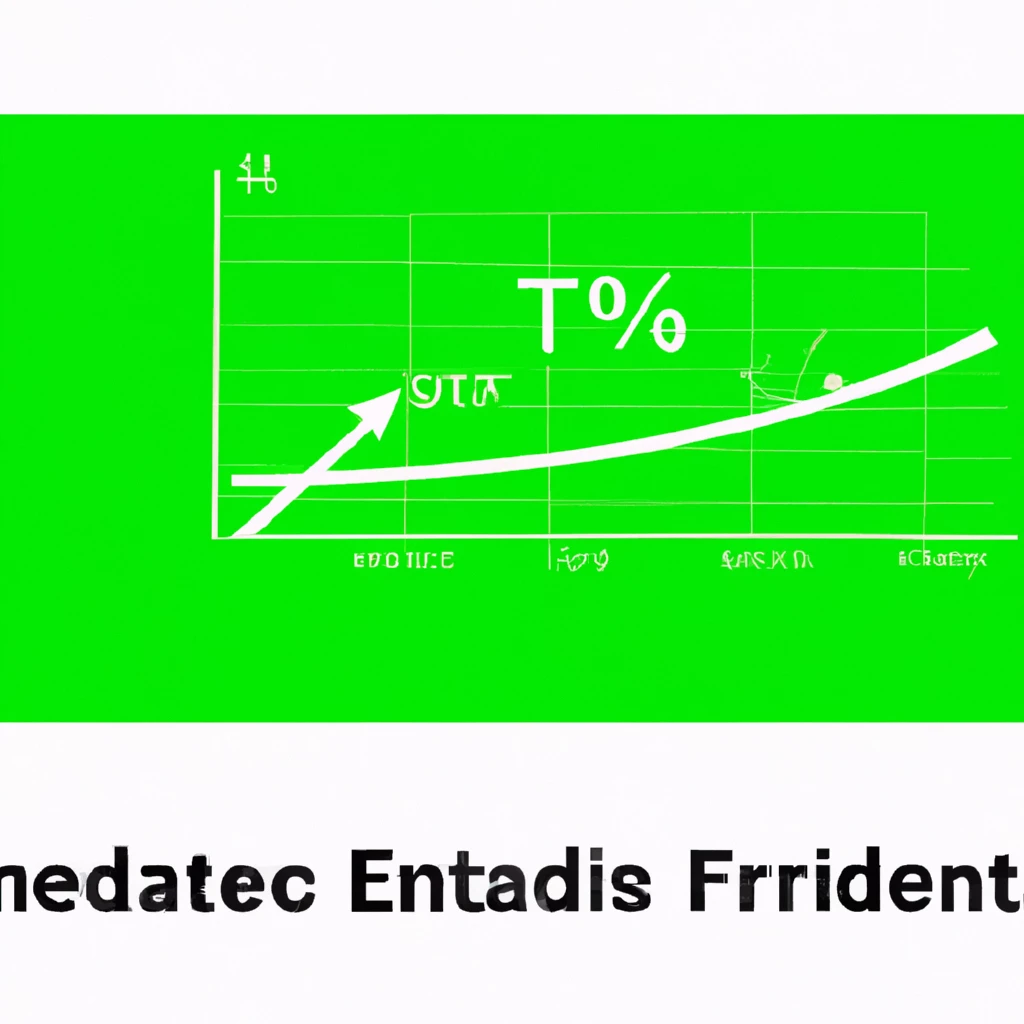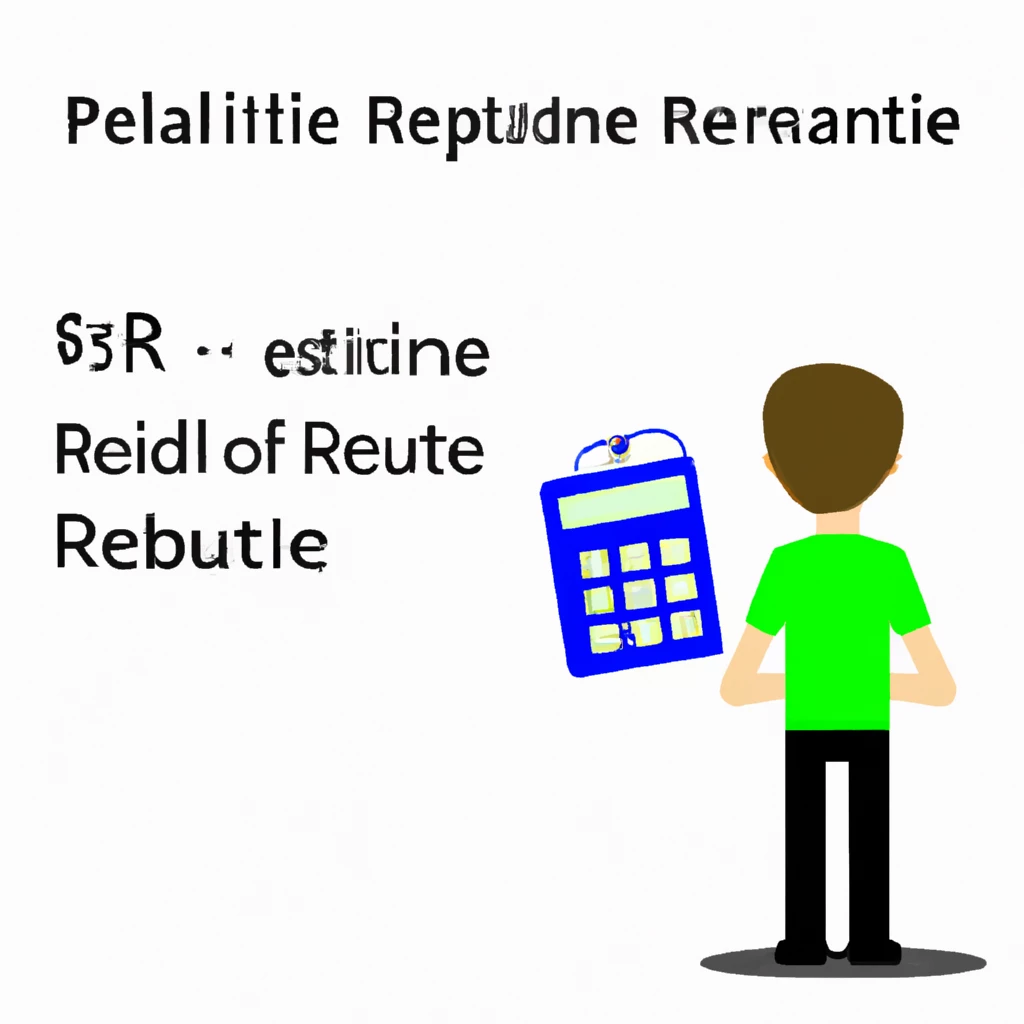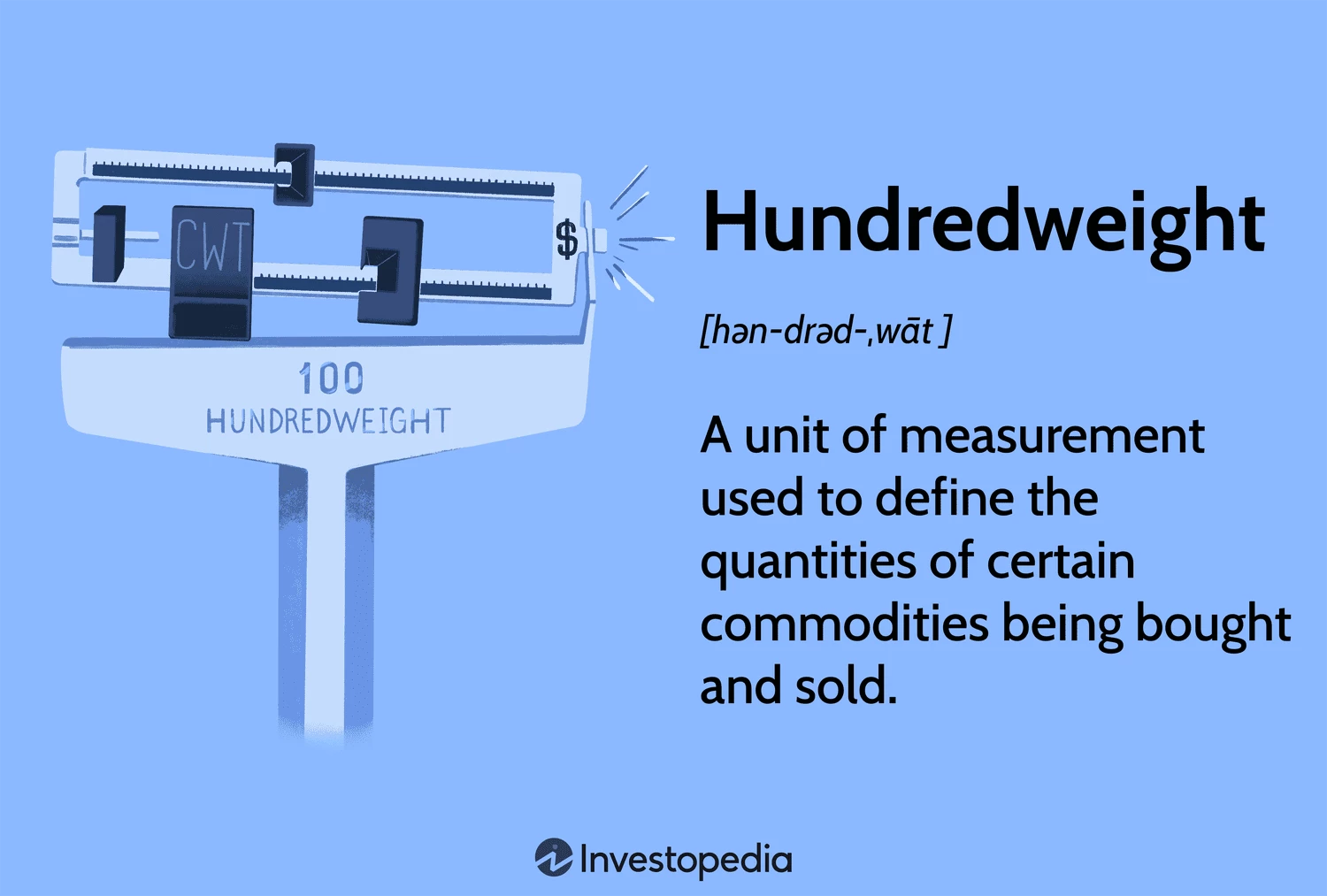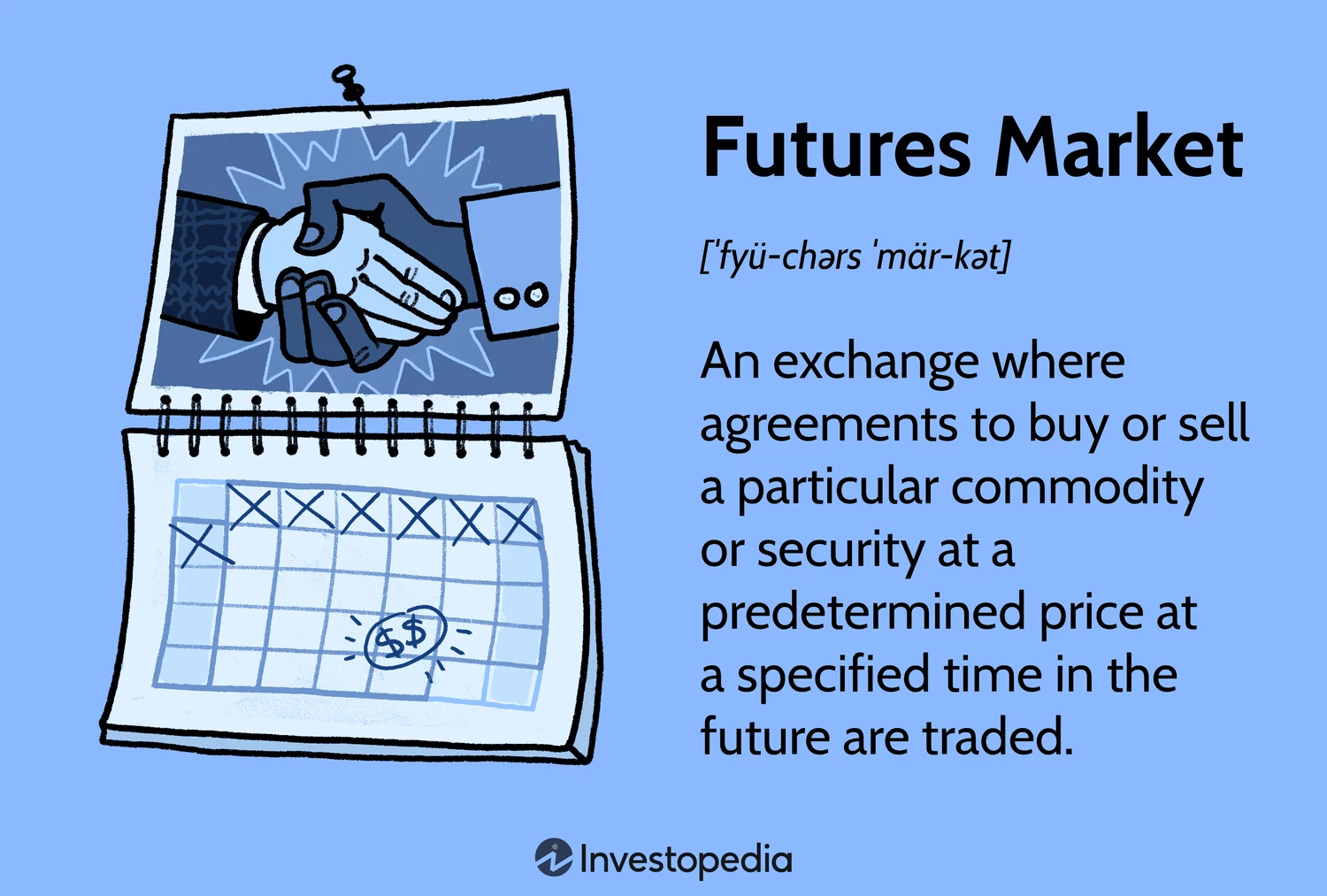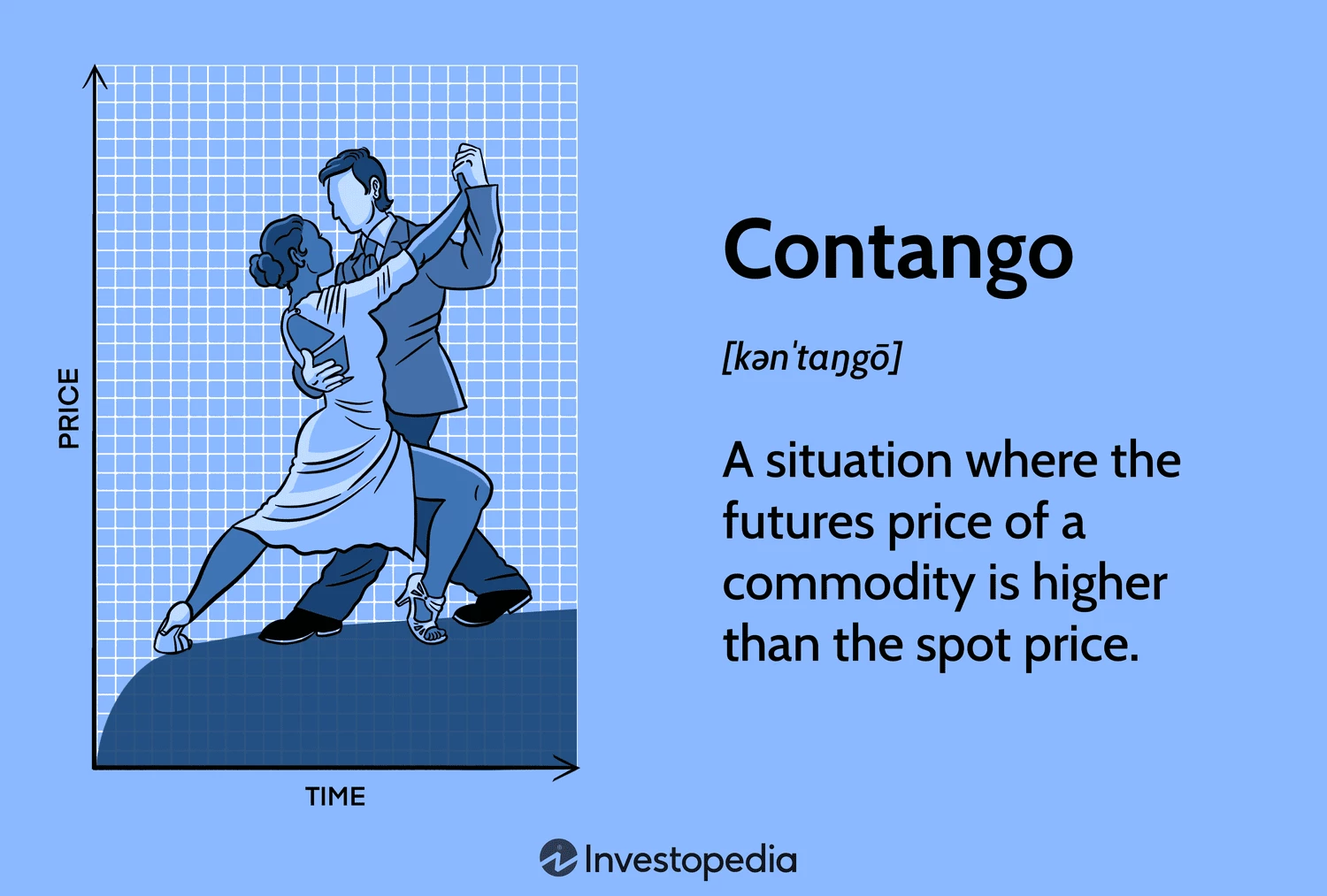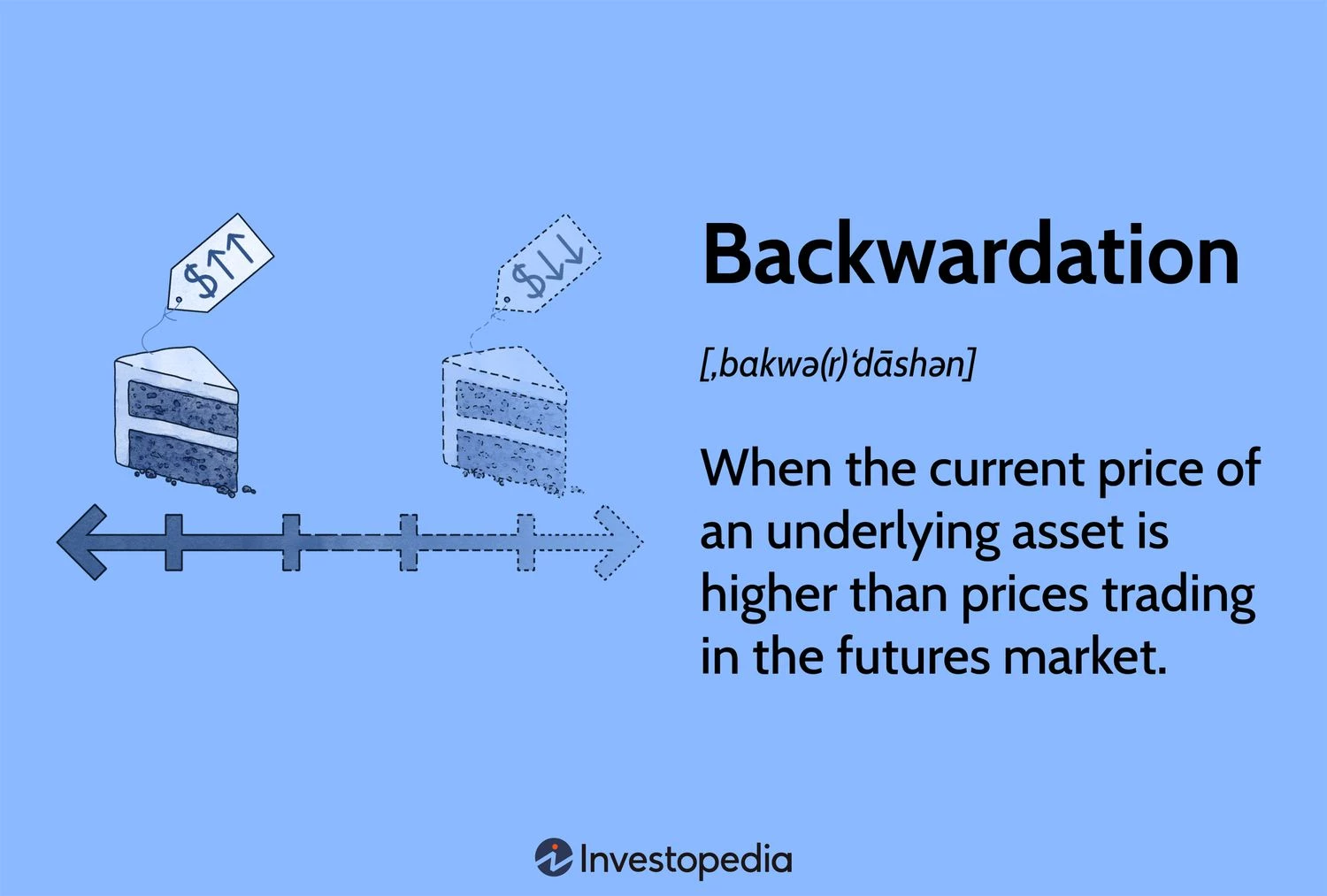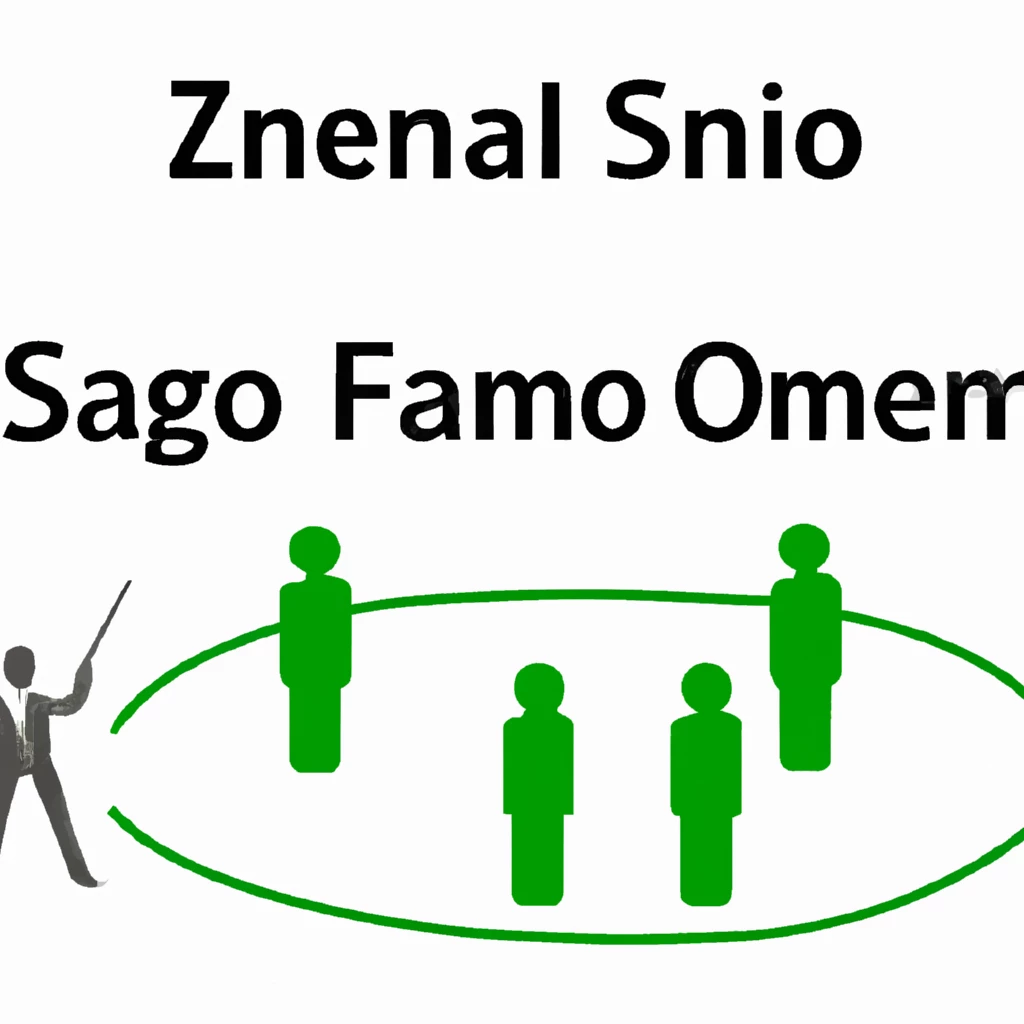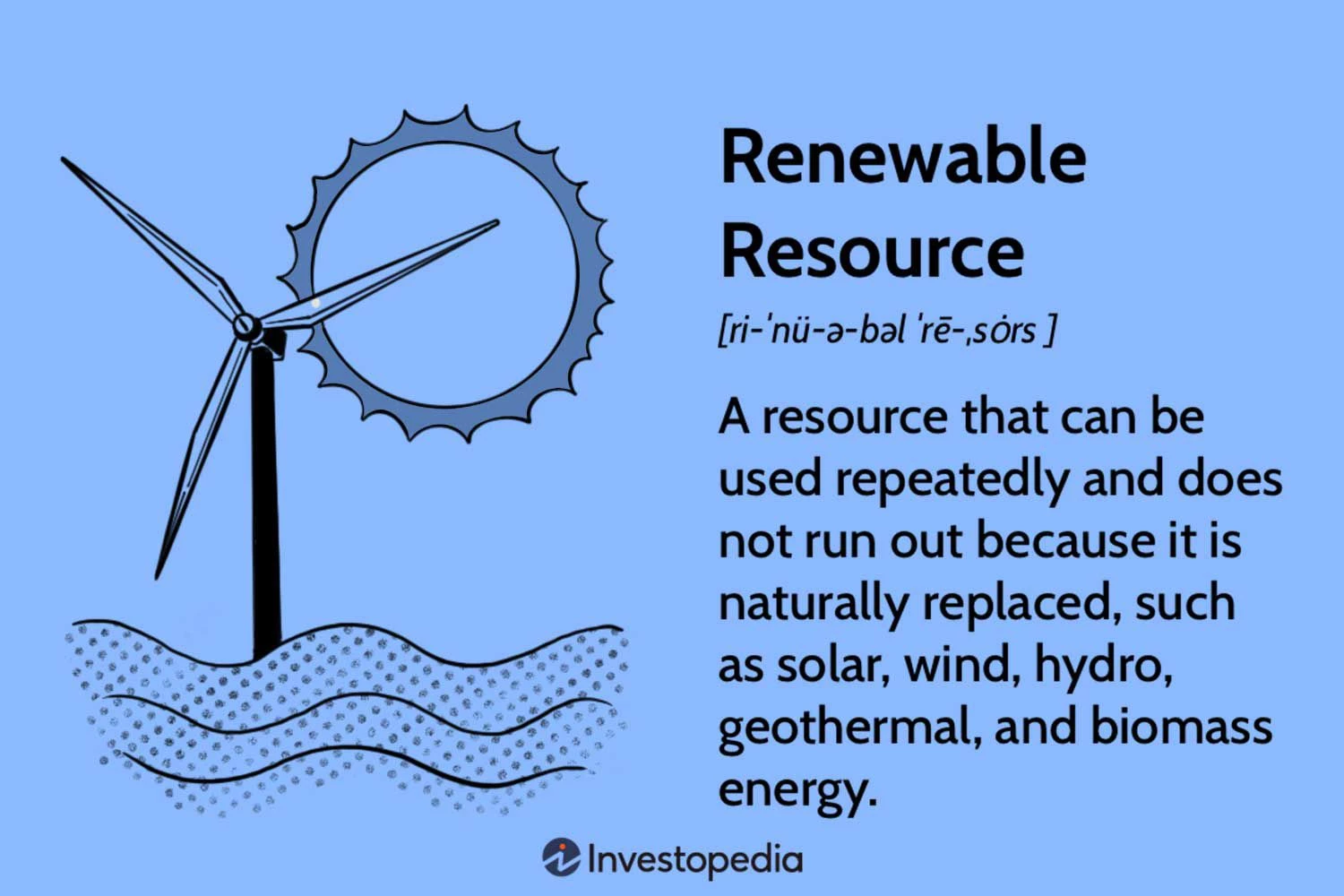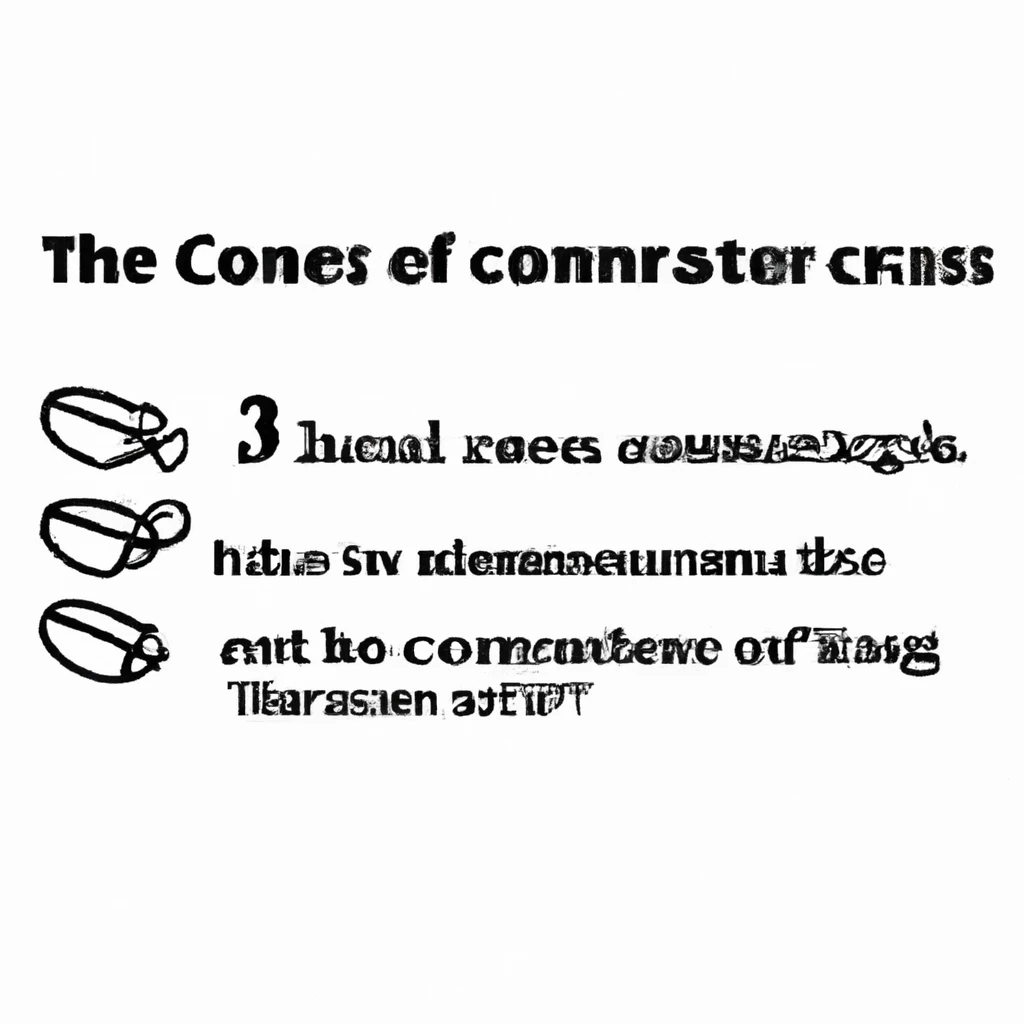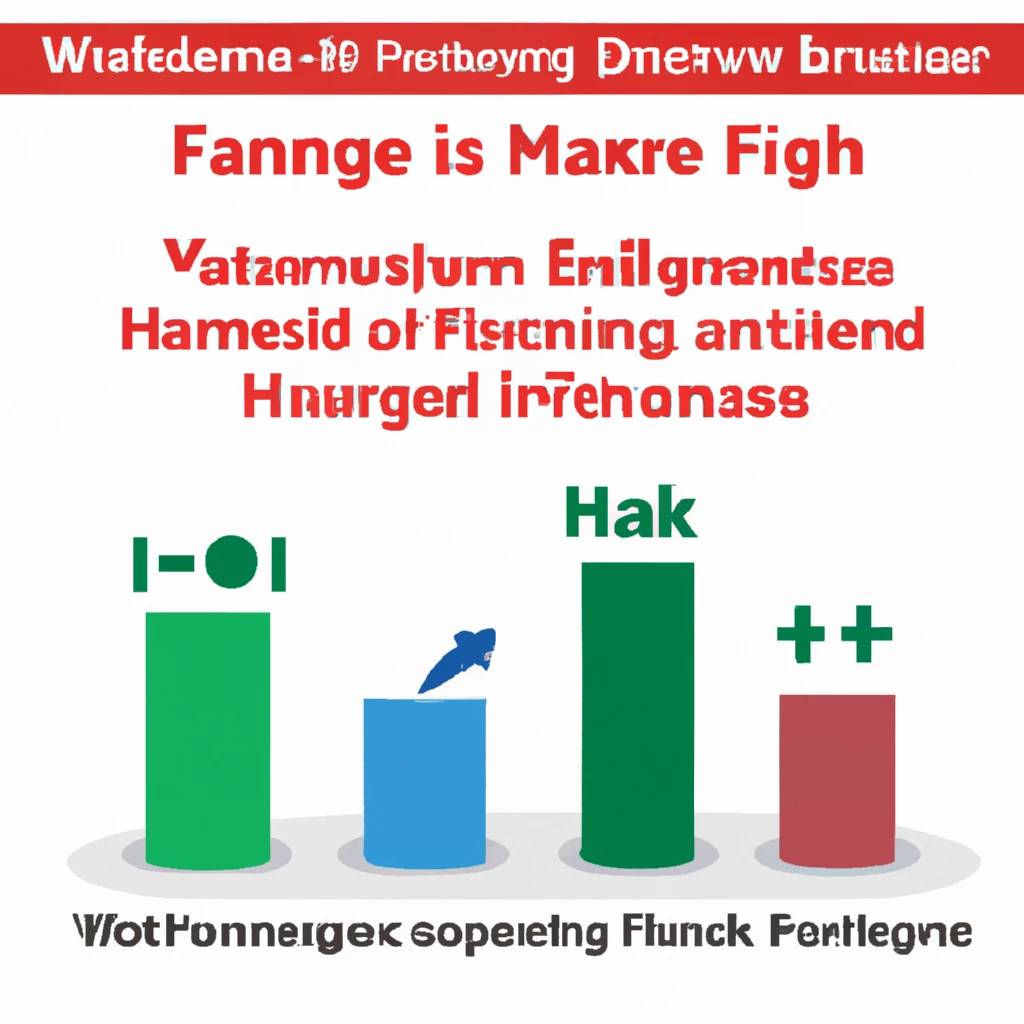Understanding the Concept, Mechanism, and Evolution of a Floating Exchange Rate
Understanding Floating Exchange Rates A floating exchange rate is a system where a nation’s currency value is determined by market forces—specifically, the forex market—based on the dynamics of supply and…
Definition, Objective, and Examples of Exchange Rate Mechanism (ERM)
What Is an Exchange Rate Mechanism (ERM)? An exchange rate mechanism (ERM) refers to a framework of strategies employed by central banks to regulate a country’s currency value in comparison…
Understanding Eurodollars: Definition, Significance, and Illustration
What Is the Eurodollar? Eurodollars are U.S. dollar-denominated deposits held at foreign banks or overseas branches of American banks. These deposits, not governed by U.S. regulations, offer various advantages. Originally…
Understanding Eurocurrency: Definition, Summary, Instances
What Is Eurocurrency? Eurocurrency, in simple terms, refers to currency deposits held by governments or corporations outside their home market. This means that if a British bank holds a deposit…
Definition and Transition to ESTER: Euro Overnight Index Average (EONIA)
Understanding the Euro Overnight Index Average (EONIA) The Euro Overnight Index Average (EONIA) serves as the benchmark overnight reference rate for interbank lending transactions denominated in euros across European financial…
Can you explain what Euro notes are and list their different values?
What Is the Euro? The euro stands as the official currency of the European Union (EU) and is embraced by 19 out of the 27 member nations within the EU,…
What Is an ECN Broker and How Does It Operate? Exploring the Advantages and Disadvantages
What Is an ECN Broker? An Electronic Communication Network (ECN) broker serves as a financial intermediary utilizing electronic communications networks to provide clients with direct access to equity and currency…
Definition of a Direct Quote in Currency and Formula: What does it mean?
What Is a Direct Quote? A direct quote represents a fundamental concept in the world of foreign exchange trading. It denotes an exchange rate expressed in fixed units of a…
Comprehending Denominations Through Practical Instances
What Is a Denomination? A denomination refers to the classification of units for the specified value of financial instruments like currency notes, coins, securities, bonds, and other investments. Denomination is…
What Currency Swaps Are, How They Work, and Their Purpose
What Is a Currency Swap? A currency swap, also known as a cross-currency swap, is a financial arrangement where parties exchange interest and sometimes principal amounts in different currencies. This…
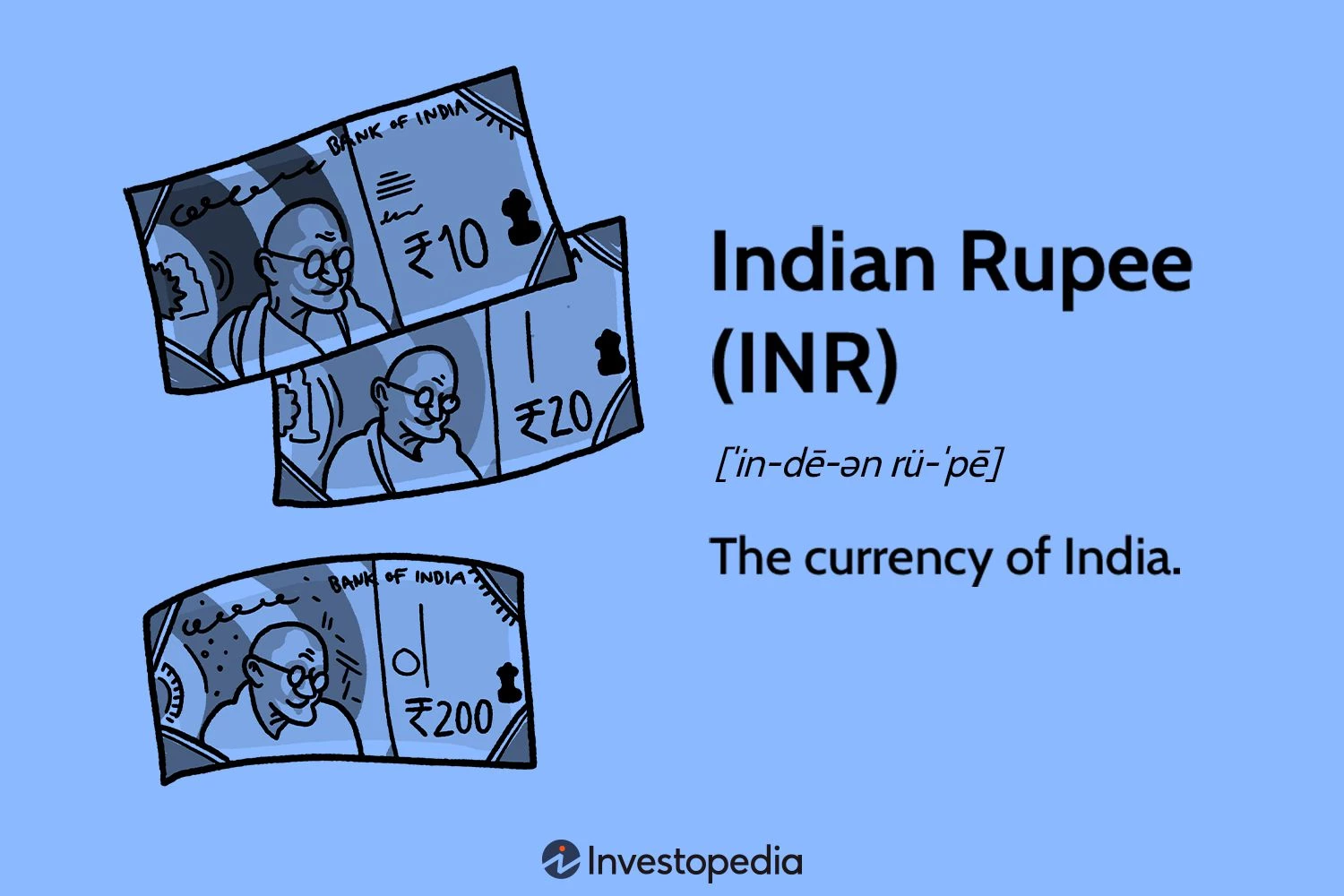 Understanding the Rupee: Defining, Valuing, and Exploring Instances of India’s Currency
Understanding the Rupee: Defining, Valuing, and Exploring Instances of India’s Currency Decoding the Hungarian Forint (HUF): Understanding its Significance and Functionality
Decoding the Hungarian Forint (HUF): Understanding its Significance and Functionality Understanding Hard Loans: Definition, Operation, and Illustration
Understanding Hard Loans: Definition, Operation, and Illustration Defining Hard Currency, Providing Examples, and Contrasting with Soft Currency
Defining Hard Currency, Providing Examples, and Contrasting with Soft Currency Understanding Guinea Franc (GNF): Its Functionality Explained
Understanding Guinea Franc (GNF): Its Functionality Explained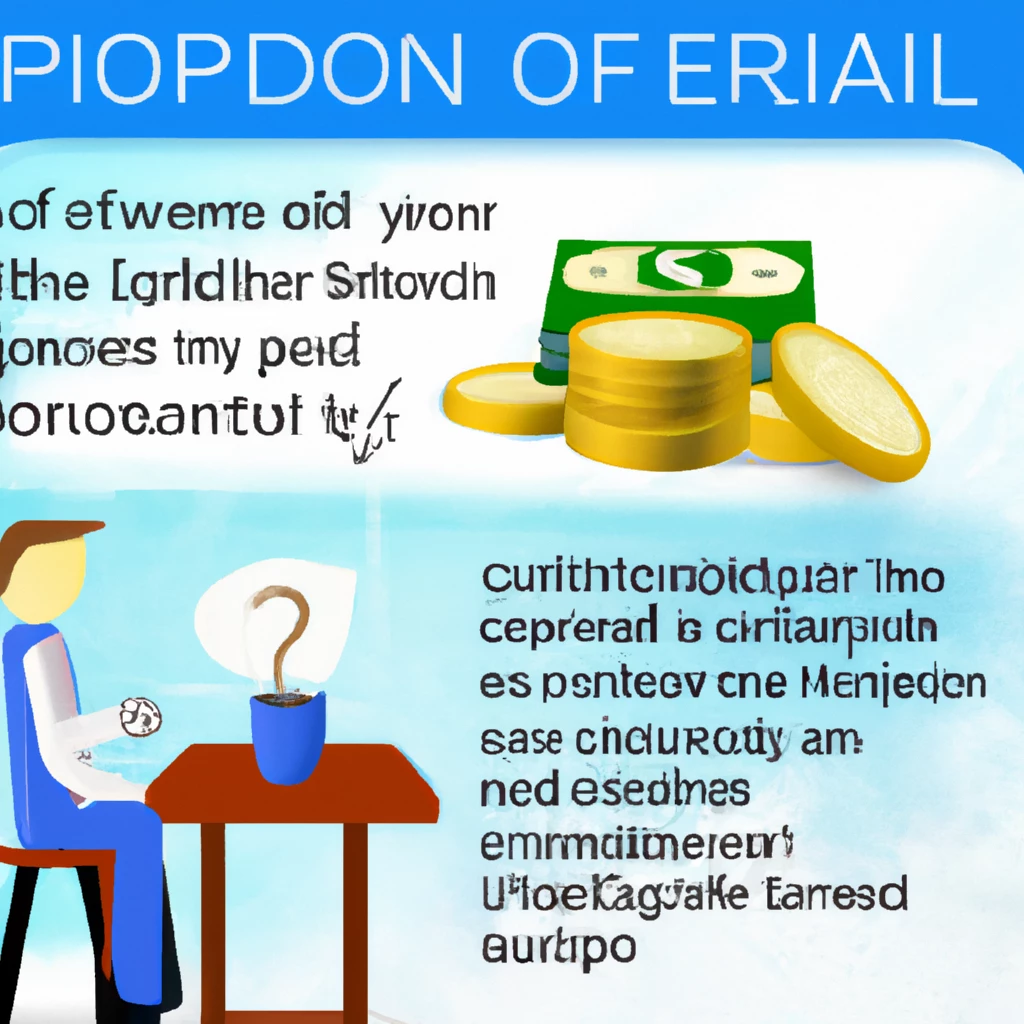 The Gibraltar Pound (GIP) and Its Impact on the Economy of Gibraltar
The Gibraltar Pound (GIP) and Its Impact on the Economy of Gibraltar Premium for Forward Contracts.
Premium for Forward Contracts. Definition, Formula, and Example of Forward Exchange Contract (FEC)
Definition, Formula, and Example of Forward Exchange Contract (FEC) Understanding Foreign Exchange Risk and Methods to Mitigate It, Illustrated with Examples
Understanding Foreign Exchange Risk and Methods to Mitigate It, Illustrated with Examples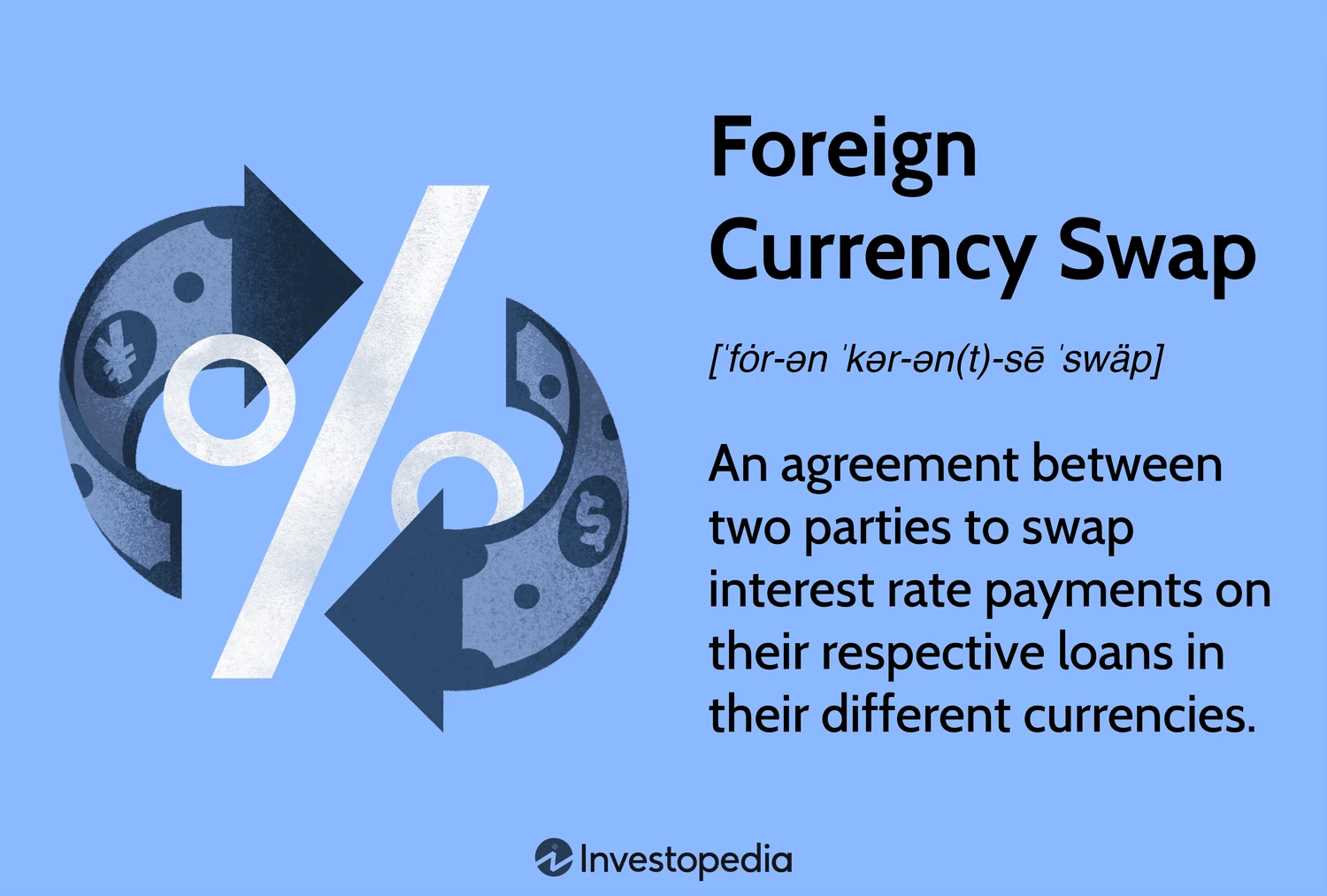 Understanding Foreign Exchange (FX) Swaps: Definitions, Operations, and Varieties
Understanding Foreign Exchange (FX) Swaps: Definitions, Operations, and Varieties




